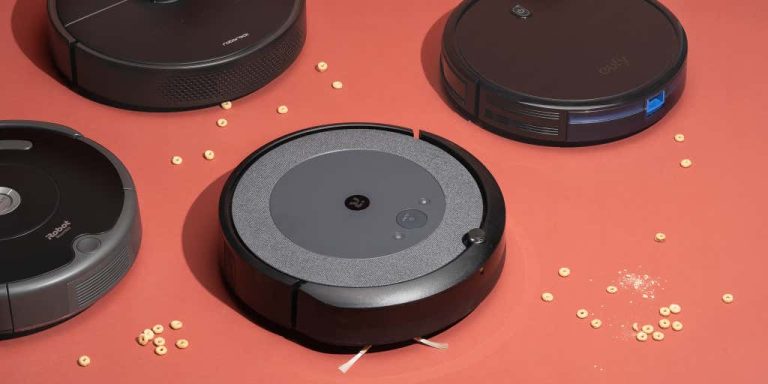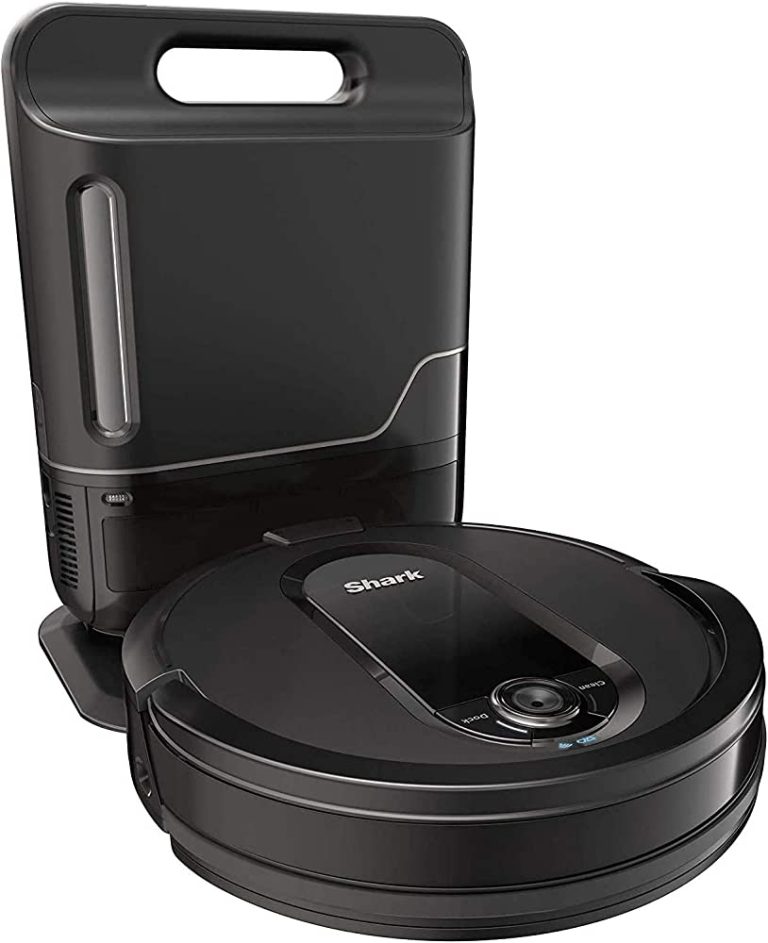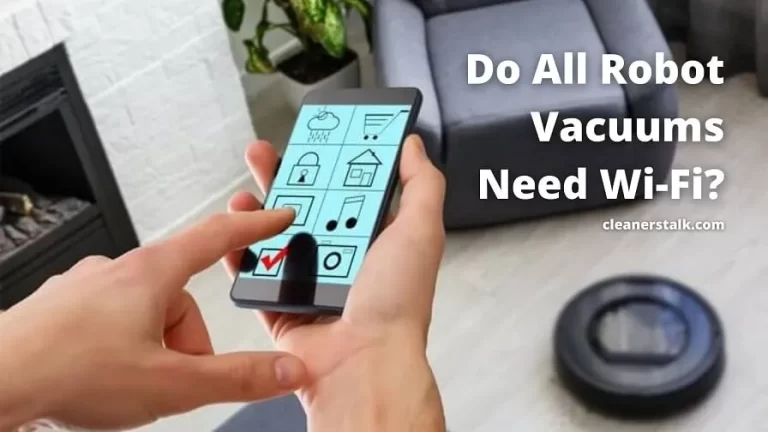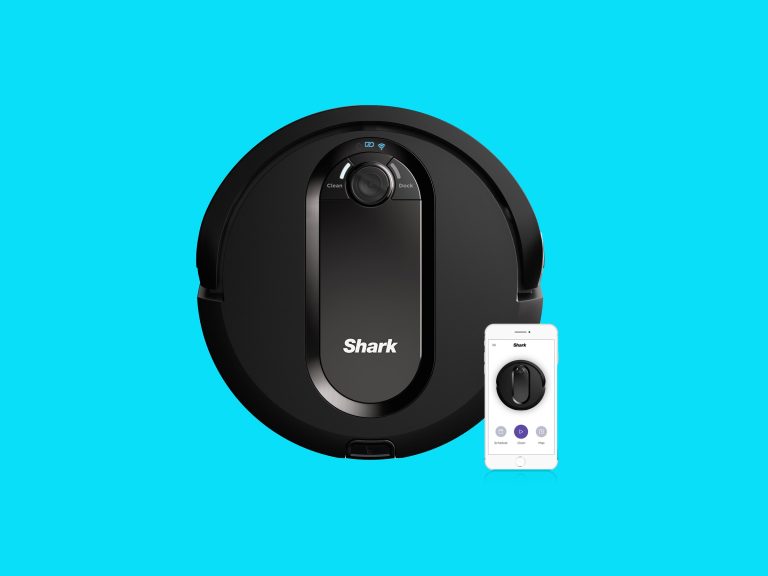Do Robot Vacuums Work on Tile?

Robot vacuums work on tile by using special suction pads that are designed to grip the surface of the tile. This allows the vacuum to move around and clean the floor without slipping or leaving any streaks behind.
If you have tile floors, you may be wondering if a robot vacuum can really do the job. The answer is yes! Robot vacuums are designed to work on all types of floors, including tile.
In fact, they can be especially effective on tile because they can get into all the nooks and crannies where dirt and dust hide.
Of course, not all robot vacuums are created equal. Some models are better at handling tile than others.
To make sure you get a model that will work well on your tile floors, look for one that has strong suction and comes with special attachments for cleaning hard-to-reach areas.
4 Best Robot Vacuums For Tile Floors in 2024
Best Robot Cleaner for Tile Floors
Are you looking for a robot cleaner that can handle tile floors? If so, you’re in luck! There are a number of great options on the market that can make quick work of cleaning your tile floors.
In this post, we’ll take a look at some of the best robot cleaners for tile floors. We’ll discuss their features, strengths, and weaknesses, to help you choose the right one for your needs. One option is the iRobot Roomba 960.
This powerful little machine has a number of features that make it ideal for cleaning tile floors. For starters, its multi-surface brushes can loosen and lift dirt and debris from floor surfaces. Additionally, its edge-sweeping brush helps clean along baseboards and in corners.
And finally, its powerful suction ensures that all dirt and debris is picked up and trapped inside the dustbin. If you’re looking for an affordable option, consider the Eufy BoostIQ RoboVac 11S MAX. This budget-friendly robot cleaner still offers excellent performance on tile floors.
Its three-point cleaning system loosens, lifts, and vacuums dirt and debris with ease. Plus, its slim design allows it to clean under furniture and in other tight spaces. And like the Roomba 960, it also has powerful suction to ensure that all dirt and debris is picked up off your floor surfaces.
Finally, if you want a top-of-the-line option with all the bells and whistles, check out the Neato Botvac D7 Connected Robot Vacuum Cleaner . This high-end machine comes with laser navigation for precise cleaning results (it even maps out your home as it cleans!). It also has multiple suction settings so you can tailor the level of power to your specific needs.
Additionally, it comes with virtual no-go lines so you can tell it where not to go in your home (for example: if you have an area rug you don’t want it to cross). All these features come at a price though – this model is definitely on the expensive side!

Credit: www.rtings.com
What is the Best Vacuum for Ceramic Tile?
There is no definitive answer when it comes to finding the best vacuum for ceramic tile. However, there are certain features and factors that you should look for in a vacuum that will make cleaning your ceramic tile much easier. Here are some of the things to keep in mind when searching for the best vacuum for ceramic tile:
Type of Vacuum: When it comes to vacuuming ceramic tile, you’ll want to avoid using an upright vacuum. Upright vacuums can be too powerful and end up scratching or damaging the tiles. Instead, opt for a canister vacuum or handheld vacuum.
These types of vacuums are much gentler on surfaces and won’t damage your tiles.
Vacuum Attachments: Make sure that the vacuum you choose comes with attachments specifically designed for cleaning ceramic tile. These attachments will help loosen dirt and debris from grout lines and prevent scratches as you move across the surface of your tile.
Power Settings: If your ceramic tile is particularly delicate, look for a vacuum with adjustable power settings. This way, you can ensure that the suction isn’t too strong and damage your tiles.
Can Roomba Vacuum Tile Floors?
Yes, Roomba can vacuum tile floors. In fact, it can vacuum any type of flooring, including hardwood, laminate, and carpet. The key is to make sure that the Roomba is set to the right setting for your particular type of floor.
For example, if you have hardwood floors, you’ll want to set the Roomba to its “hard floor” setting. This will ensure that the Roomba doesn’t damage your floors while still getting them clean.
Do Robot Mops Work on Tile Floors?
If you have a tile floor, you know that mopping can be a pain. It’s hard to get all of the nooks and crannies clean, and you always seem to miss a spot. But what if there was a mopping robot that could do the job for you?
Do robot mops work on tile floors? The short answer is yes, robot mops can work on tile floors. In fact, they can be very effective at cleaning tile floors.
The long answer is that it depends on the type of robot mop and the quality of its build. There are two types of robot mops: those that use pads or brushes to scrub the floor, and those that use water jets to clean. Pads and brushes are more common, as they’re less expensive to manufacture.
However, water jet models are becoming more popular because they offer a deeper clean. When it comes to choosing a robot mop for your tile floor, look for one with high-quality pads or brushes. You’ll also want to make sure that the mopping head is wide enough to cover a good portion of your floor with each pass.
Does Roomba Scratch Tiles?
If you’re wondering whether Roomba will scratch your tile floors, the answer is no. Roomba’s brushless extractors are designed to be gentle on hard surfaces like tile. However, if you have particularly delicate or sensitive tiles, it’s always a good idea to check with the manufacturer to be sure.
Conclusion
Robot vacuums do indeed work on tile floors. They are able to navigate the tile, pick up dirt and debris, and leave the floor looking clean. However, it is important to note that the performance of a robot vacuum on tile floors may vary depending on the type of tile, its texture, and the robot vacuum’s features. Ultimately, it is up to the consumer to decide if their robot vacuum is suitable for their tile flooring.




